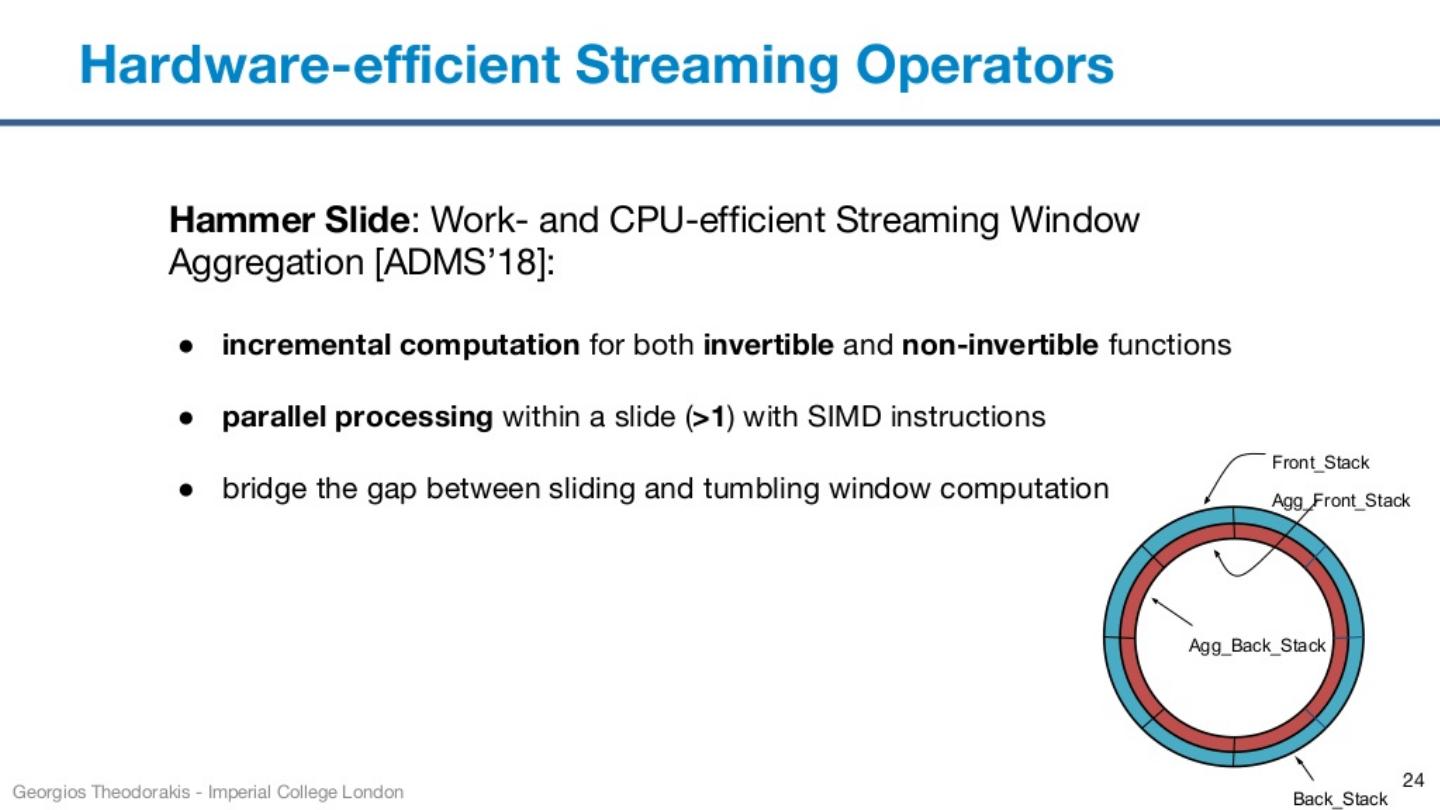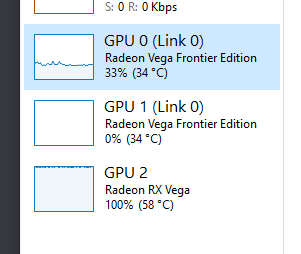Hardware: Definition and Function
Hardware refers to the physical components and devices that make up a computer system. It includes the central processing unit (CPU), memory, hard drives, graphics cards, and other necessary components. The primary function of hardware is to perform the operations and store the data that are necessary for the operation of a computer system. In addition, hardware also provides the necessary interface between the software and the physical world, enabling users to interact with their computer systems. Therefore, hardware is essential for the functioning of any computer system.
Hardware is the physical equipment that is used in computing and other technological applications. It includes a wide range of devices, from computers and laptops to tablets and smartphones. Hardware performs various functions, such as processing data, storing information, displaying output, and connecting to other devices.
In computing, hardware includes the computer itself, as well as any peripheral devices that are attached to it. The computer is made up of several different components, including the central processing unit (CPU), which executes the commands of a computer program; the main memory (RAM), which stores the data and programs that are being used by the CPU; and the hard disk drive (HDD), which provides permanent storage for files and programs. Other important hardware components include the graphics processing unit (GPU), which handles the display of graphics on the computer screen; the network interface card (NIC), which allows the computer to connect to other computers or devices on a network; and the sound card, which handles the playback of sound from speakers.

In addition to computers, hardware also includes other types of devices that are used in technological applications. For example, tablets and smartphones are both types of hardware that have become integral to modern life. These devices have their own set of components, including processors, memory, and storage devices, that enable them to perform their respective functions.
Moreover, hardware is not limited to just individual devices; it can also refer to entire systems or networks of devices that work together to perform a specific task or function. For example, in a business environment, a company may have a network of computers and other devices that work together to run its operations. Each device in this network may be considered as hardware that contributes to the overall functionality of the system.

In conclusion, hardware is an essential component of computing and other technological applications. It provides the physical equipment that is necessary for performing various tasks and functions, whether it be processing data, storing information, displaying output, or connecting to other devices. Without hardware, these tasks would not be possible. Therefore, it is important to understand the role of hardware in technology so that we can continue to innovate and develop new devices that will help us achieve our goals in an efficient and effective manner.
Articles related to the knowledge points of this article:
Title: A Comprehensive Guide to the ESP8266 Hardware Serial Example
Title: J.A.C.Kroyd Ace Hardware: A Comprehensive Guide to Quality and Service
S and J Hardware: The Art of Crafting Premium Quality Hardware Products
Title: Exploring the World of Dawson Hardware Beverly MA
Title: Understanding and Solving VMware vSAN Hardware Compatibility Issues
Best Ten Hardware: A Comprehensive Guide to the Best Hardware for 2023



